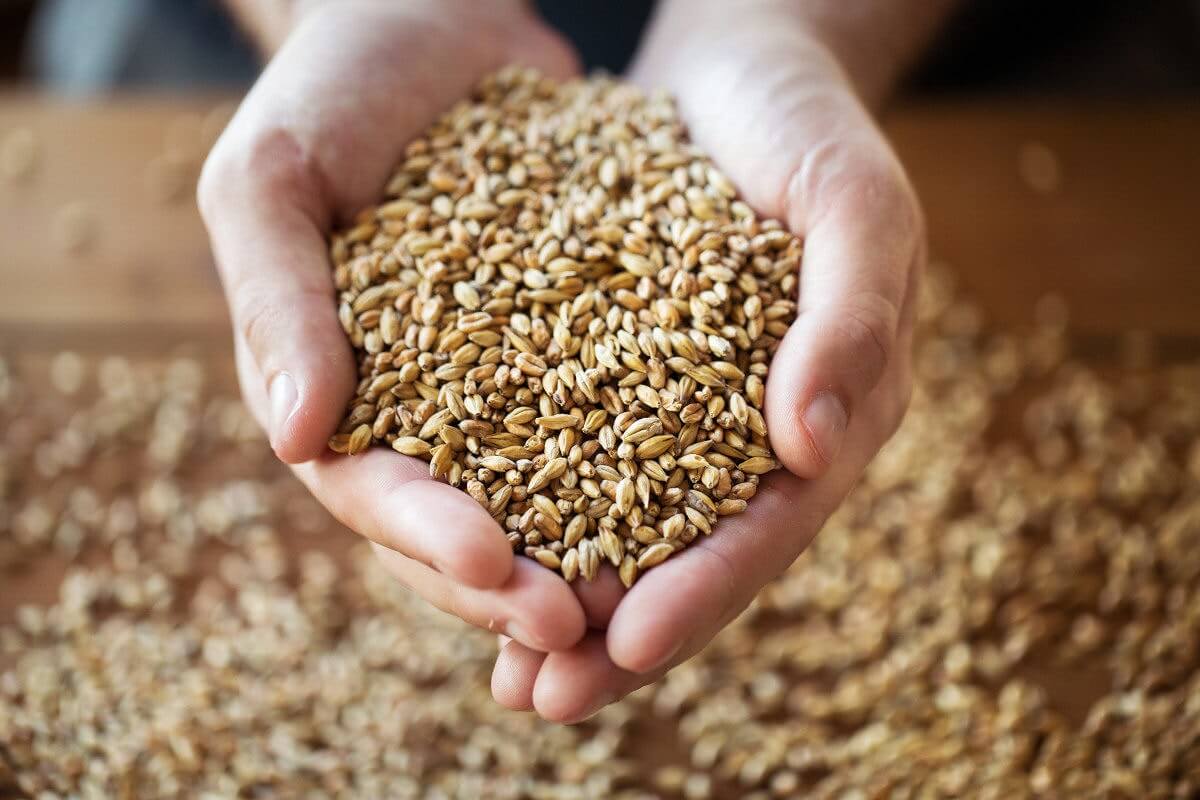No products in the cart.

FINALLY people are waking up to the truth about the benefits of hemp. The passing of the 2018 Farm Bill represents an enormous step forward for the hemp industry. What was once considered a dangerous psychoactive substance is not only safe, but extremely valuable and helpful to our planet.
The hemp plant provides eco-friendly material alternatives to plastics and paper.
Here are 7 ways hemp can positively benefit our planet:
1. Hemp Reduces Air Pollution
We all know that China is the world’s largest producer of CO2, but the United States is not too far behind in 2nd place.
It’s a fact that growing hemp can break down pollutants in the air which improves air quality!
Did you know chlorine bleaching is one of the biggest culprits of excess carbon dioxide in the environment? This is used to make paper. However, hemp can be used as a paper source, eliminating the process of chlorine bleaching.
2. Hemp Prevents Deforestation
Deforestation is a global issue. Scientists believe the rate of deforestation equates to a loss of land the size of 48 football fields per minute. They have estimated that within 100 years there will be no rainforests.
In the US alone, more than ONE THIRD of the world’s paper is consumed annually.
If we cultivate hemp as a source of raw materials for wood and paper, we could save trees and save our planet.
Unlike trees, hemp can be grown and reproduced in months. One acre of hemp can produce as much paper as four acres of trees can. Also, hemp paper is much more durable than paper from trees.
3. Hemp Reduces Carbon Emissions
Hemp agriculture has the power to transform the environment. It is one of the few crops capable of reducing carbon emissions by absorbing it right out of the air. It does this through a process known as carbon sequestration.
When cultivated, hemp captures carbon emissions from the atmosphere. For every ton of hemp produced, 1.63 tons of carbon is removed from the air.
4. Hemp Conserves Water
Hemp production, in comparison to cotton production, requires half the territory as cotton to produce a ton of finished textile. Studies show that hemp farming uses considerably less water than its thirsty cotton counterpart. It can take more than 5,000 gallons of water to produce 2.2 pounds of cotton. In fact, cotton is one of the most water-dependent crops around and is quickly depleting our limited freshwater sources.
Meanwhile, hemp crops require minimal irrigation in comparison to cotton. A study in the UK comparing cotton production to hemp production found that hemp required 634-898 gallons of water to produce 2.2 pounds of hemp. Clearly, the superior option is hemp.
5. Hemp Can Produce Biodegradable Plastics
Americans used over 45 billion plastic water bottles in 2015 alone. Plastic water bottles can take anywhere between 400 and 1,000 years to decompose.
The basic building blocks of plastics are cellulose derived from petroleum. Yet petroleum is highly toxic. Hemp on the other hand is non-toxic and biodegradable.
Why not use non-toxic and biodegradable hemp for producing plastics? Instead of stuffing our landfills with toxic chemicals, we could reuse and recycle natural products.
6. Hemp Prevents Pesticide Pollution
Unlike cotton or flax (which are estimated to expend 50% of all pesticides) growing hemp requires fewer pesticides and herbicides.
When pesticides are sprayed on land, they can easily seep into water sources such as a river, ocean, or pond. When pesticides contaminate a body of water it harms the living creatures within that water source (fish, frogs, insects, and more) along with anyone ingesting it.
Pesticides have been linked to deadly diseases, so not only are pesticides dangerous for the environment, they are also a hazard to our health.
By integrating hemp cultivation, we can significantly reduce our exposure to unnecessary toxins and pollutants.
7. Hemp Promotes Sustainable Farming Practice
Farmers who practice sustainable farming techniques know the importance of rotating crops by season. Not only does it keep the soil nutrient-rich, it also increases the overall yield.
Hemp happens to be an ideal plant for crop rotation. It enriches the soil while also removing toxins. Growing hemp helps keep the soil and air more habitable for years to come.
At Green Gorilla, we believe that Hemp holds incredible promise as a renewable source of medicines, foods, fuel, textiles, plastics, building materials, paper, and much more. The proper cultivation of hemp and extraction of its many wonderful components will be a positive force to help heal our bodies and preserve our environment.

